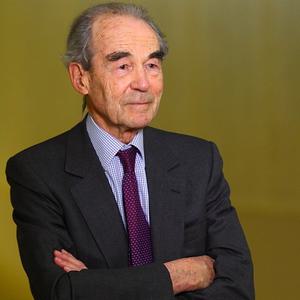Brian Deegan, a magistrate in South Australia who lost his son in the October 2002 Sari nightclub bombing in Bali, recently stated that he believes the terrorists who commited that crime should not receive the death penalty, but should be sentenced to a term of life in prison without parole. In an opinion piece in The Australian, Deegan noted:
The Bali bombers who murdered my son last October are evil extremists, but they don’t deserve the death penalty.
…
Indeed, I have no problem with the idea that he [Amrozi] and his accomplices should remain in prison for the rest of their lives. But the prospect of their judicial murder is something I want no part of.
…
As a measure employed to dissuade potential criminals, the death penalty has been an abject failure. This is borne out by statistics that point to the commensurate rise of murders and executions in countries where capital punishment is awarded.The argument in favour of executions remains difficult to reconcile with the universal revulsion generated by periods in history when society thought nothing of hanging a child or burning a witch. We read with disgust ? or perhaps with guilt ? of the stoning of adulterers, the removal of a thief’s hand or the decapitation of a blasphemer. Yet we find it palatable to break a man’s neck, to poison his veins or to electrocute him.
The suggestion that Amrozi and his fellow evildoers should face an Indonesian firing squad is unconscionable because that would make the punishment as barbaric as the crime. What the Bali bombers did to my child and to the hundreds of others defies description. But the October 12, 2002, terrorist attacks do not give anyone the right to repeat such a vile act.
(The Australian, July 9, 2003). See New Voices.
International
Feb 12, 2024



